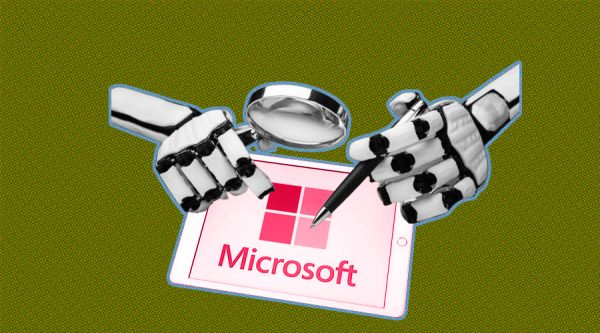Recently, Microsoft co-founder and billionaire philanthropist Bill Gates paid a visit to the Microsoft India Development Centre (IDC), an innovation hub he envisioned back in 1988. IDC is commemorating 25 years of ground-breaking engineering, research, and development this year. A key component of its top-tier offerings, including Azure, Windows, Office, Bing, Copilot, and other AI apps, is the Hyderabad, Telangana, centre.
Seeing Bill speak to some of the most talented engineers in India at IDC—our greatest asset—was satisfying. Rajiv Kumar, Managing Director of Microsoft IDC and CVP of Experiences + Devices India, expressed his confidence regarding the potential for an AI-powered India by saying, “IDC is excited to drive innovation from India for Microsoft – from AI and cloud to security and gaming.”
During his visit to India earlier this month, Microsoft CEO and chairman Satya Nadella emphasised the nation’s growing importance in the research and application of artificial intelligence. According to the CEO, India will surpass the US in 2027 in terms of total GitHub developers, where it currently ranks second. During an event in Bengaluru on Thursday, Nadella addressed a crowded room of developers and said, “India is a place where the momentum around developers and development is unbelievable”.
The high-stakes event’s overarching subject was the democratisation of AI, which made technology accessible and transformed people’s lives as well as society as a whole. This feeling still holds true today, as IDC continues to lead the way in innovative research and development in a number of fields, including artificial intelligence applications.
One of the most outspoken supporters of AI’s rapid advancements is Gates. The 68-year-old has frequently enumerated the benefits of this rapidly advancing technology, but he has also issued warnings about its possible drawbacks. The millionaire has written extensively on his blog about artificial intelligence.








